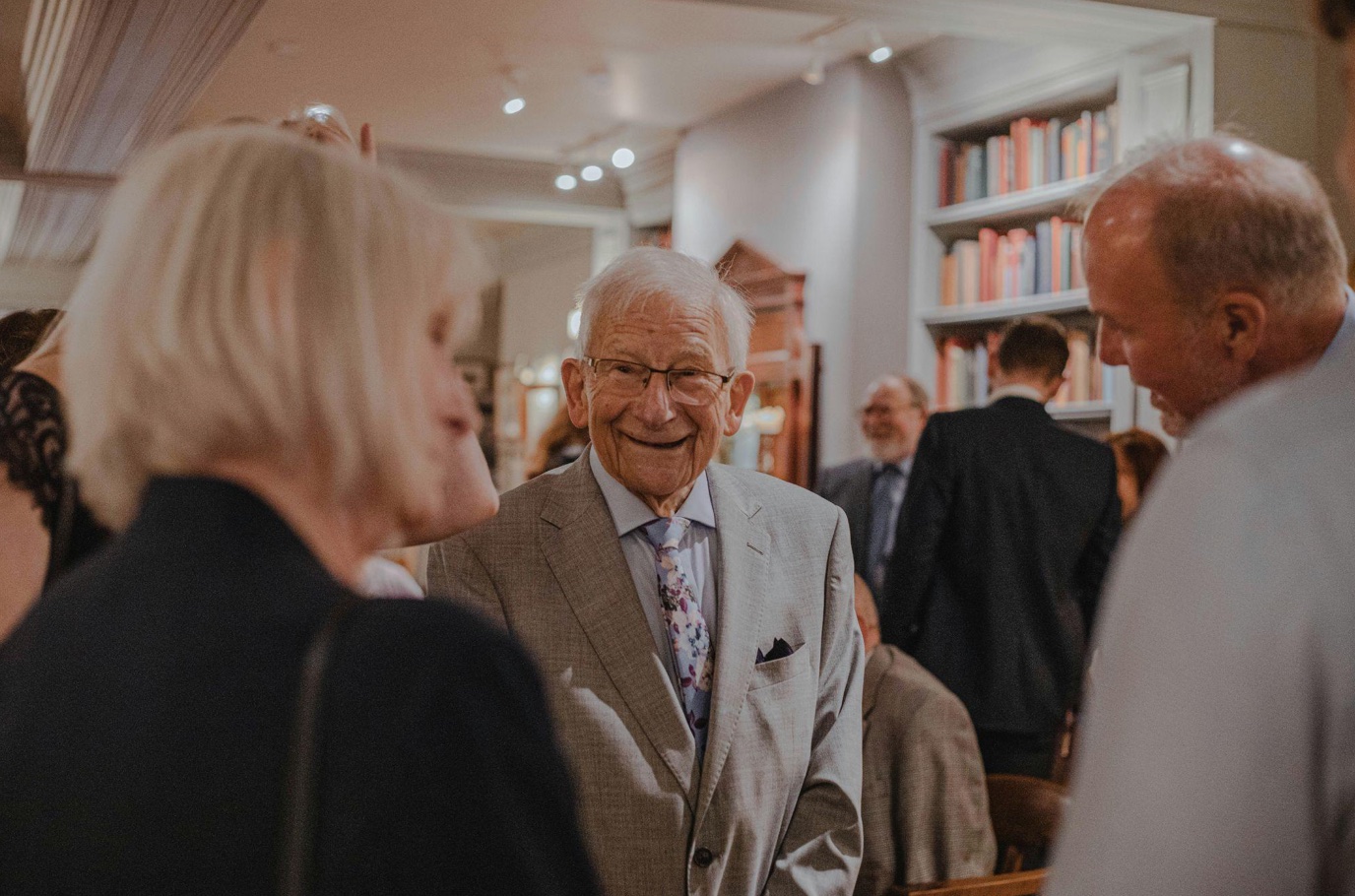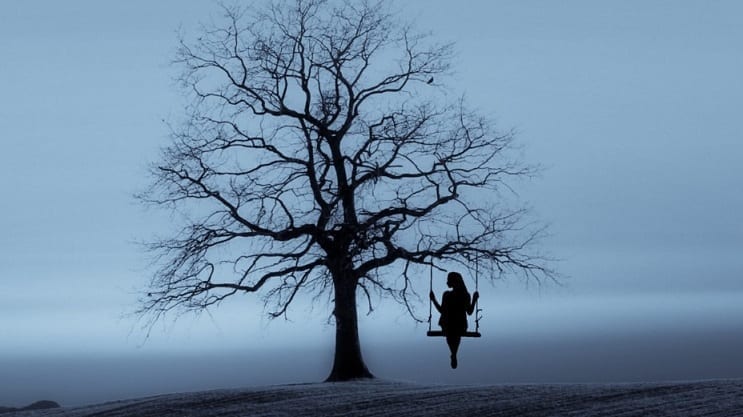Loneliness and isolation can be issues after a divorce, especially for someone older. However, planning and actively addressing the issue can put you on the right track.
Older Americans have a lot to think about if they’re considering a divorce, including the fear of loneliness after a marriage ends. This fear can be an issue for divorcees of any age, but especially for those who no longer work or face health challenges. We’ll discuss how this feeling impacts older Americans’ quality of life and what they can do about it. The Law Office of Taylor B. Warner, APLC, represents Californians of all ages with divorces that can be the start of a new life.
If you’re thinking about a divorce and your new life, the divorce law Law Office of Taylor B. Warner, APLC, can discuss the legal, financial, and personal impacts a divorce can have on you. Call Rancho Cucamonga divorce attorney Taylor B. Warner at (909) 466-5575 today to learn more.
It’s Common for Older Americans to Live by Themselves
More than 16 million older Americans live alone, according to the San Diego Union-Tribune, or about four times the number of people living in Los Angeles. This group also has significant health challenges. According to a Kaiser Family Fund analysis of 2022 census data, almost 40% of them have at least one of the following health issues:
- Vision loss
- Hearing loss
- Difficulty caring for themselves and living independently
- Problems with cognition
- Other disabilities
If they’re not living with someone or have easy access to a person else who can help, living alone can magnify these problems and make their health worse. Studies show that seniors on their own have higher risks of the following:
- Isolation
- Depression
- Inactivity
- Accidents
- Failing to care for themselves
They also tend to have premature deaths and be hospitalized more often. Transportation to medical care can be a problem if they can’t safely drive, afford a car, or have poor access to public transportation.
This “gray revolution” in our living arrangements is being fueled by:
- Higher divorce rates
- Longer lives
- Outliving their spouses
- Not having children, or they’ve moved a long distance away
- A desire or need to “age in place”
US Census Bureau information on older Americans living by themselves based on 2023 estimates includes the following:
- 28% of people 65 or older live alone, nearly three times the percentage in 1950
- This includes slightly less than 6 million men and just more than 10 million women, not counting those living in assisted living facilities and nursing homes
- 27% of women 65 to 74 live alone, compared with 21% of men
- After age 75, 43% of women and 24% of men live alone
- 80% of those living alone after age 65 are widowed or divorced, twice as many in the general population
- More than 20% live below the federal poverty line, which is having an annual income of $13,590
- 27% make between that much and $27,180, twice the poverty level
As the population ages, these trends may continue.
Being Alone and Feeling Lonely are Two Different Things
The quality of life of an older American living alone depends on many variables, including the following:
- Financial status
- Housing quality
- Their friends and family members
- Community resources
Some older adults want to be independent, while others feel abandoned. Loneliness can come and go, even when people surround you.
Planning for Your Post-Divorce Life
Many problems can pave the road to divorce. If you’re older, you may have lived a dysfunctional marriage for a long time, or maybe something happened recently that makes you want to start a new life.
Doing this can be scary, but you may take the edge off by planning what that life will be like. This is important no matter your age or how long your marriage. Think about your finances, where you’ll live, and what social networks you’ll have.

Deciding to end a marriage when you’re older can be more stressful than if you’re younger and working. You may fear aging and living with declining health by yourself. But if your marriage is just a shell of what it once was or if your spouse is abusive, the potential benefits may outweigh the costs.
The National Institute on Aging has the following suggestions for avoiding isolation and loneliness:
- Find an activity you enjoy, restart an old hobby, or begin a new one, take a class, and learn something new. You could have fun and meet others with similar interests
- Schedule time to stay in touch with people in person or by email, social media, or phone calls
- Talk with trusted people and share your feelings. Engage in an activity that will nurture and strengthen your relationships
- Use video chat or smart speakers to help keep you connected
- If you’re able to care for one, consider adopting a pet. They provide comfort and may lower your stress and blood pressure
- Stay as physically active as you can, especially if you can do so with a group of people
- Find faith-based organizations that fit your beliefs and provide opportunities to engage with others
- Use programs and resources at local social service agencies, senior and community centers, and public libraries
- Work part-time in a job you enjoy. It will keep you connected to others and increase your income
- Join a cause you care about and get involved. Helping others not only benefits them and contributes to your community but will help you feel empowered, capable, and valued
If your marriage no longer works for you, with some help from others, including a Rancho Cucamonga divorce lawyer, perhaps the next chapter in your life will.
Contact Divorce Law Office of Taylor B. Warner, APLC Today
Loneliness and isolation can be issues after a divorce, especially for someone older. However, planning and actively addressing the issue can put you on the right track.
Contact the Rancho Cucamonga divorce attorneys at the Law Office of Taylor B. Warner, APLC, today if you’re considering a divorce or you’ve decided it’s right for you. Call our law firm at (909) 466-5575 to make an appointment to speak with one of our experienced divorce lawyers.


Join the conversation!